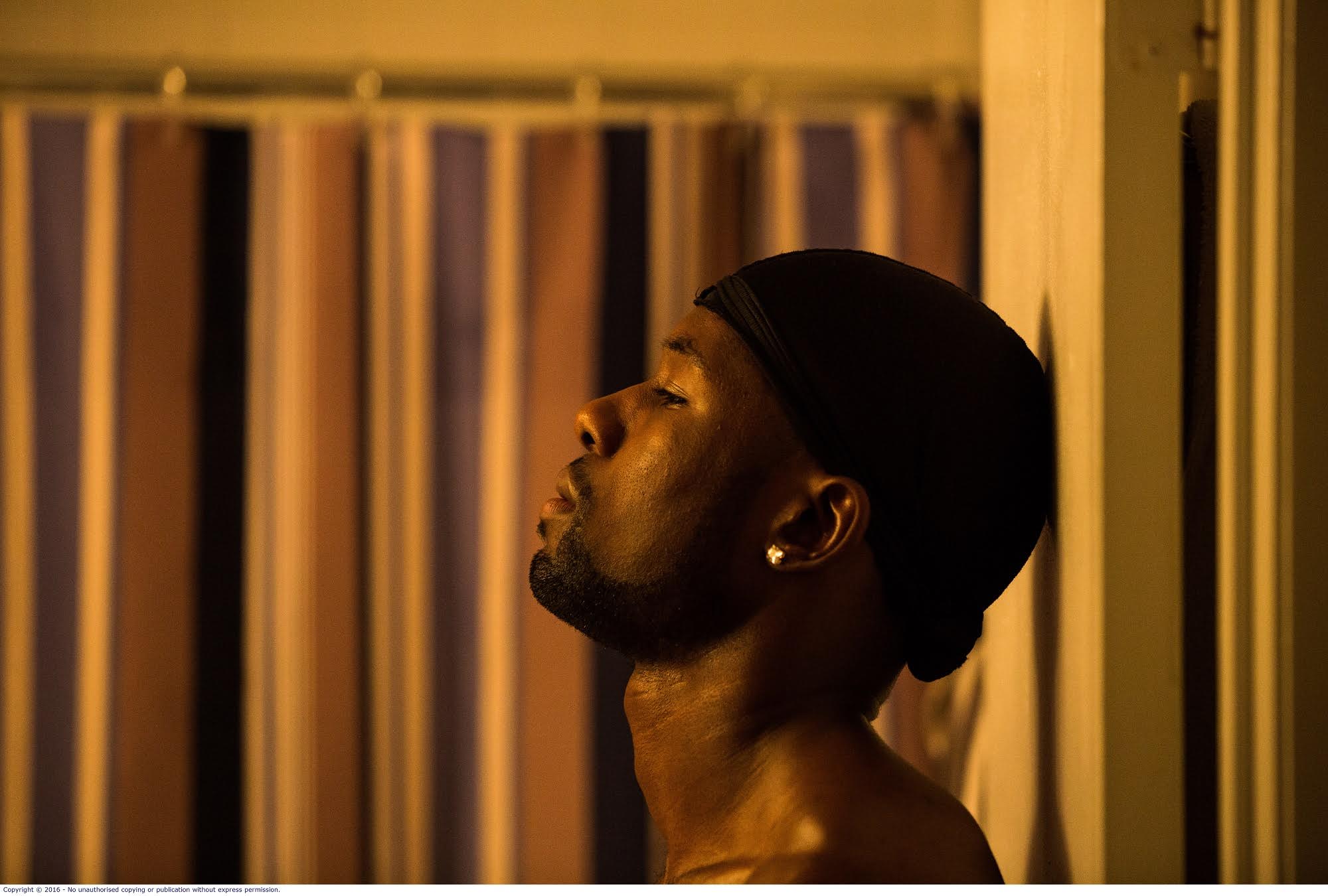Movie Review: MOONLIGHT
By Mikey Carr
In his critically acclaimed second feature film, Moonlight director Barry Jenkins has announced himself as a master of capturing the complex reality of intimacy.
It offers no easy answers to any of the questions raised and there is no simple trajectory toward redemption. Instead Jenkins offers us an open ended tapestry of perfectly understated moments that build to points of emotional catharsis, all masterfully underlined by his expert use of tension.
Adapted from the play In Moonlight Black Boys Look Blue by Tarell Alvin McCraney, the film centres on the story of Chiron, a young, gay, African American boy/man growing up in the poverty and addiction stricken suburbs of Miami.
Structured in three acts as he grows from a child, to young man and finally to an adult, and spanning almost 30 years Jenkins manages to somehow boil down his life into 88 mins, without it feeling as though anything is missing. Part of how he does this is just through the incredibly talented cast who all manage to communicate volumes with only a few words, a necessity considering how spared back the dialog is for most of the film.
Ashton Sanders who plays Chiron during his difficult teenage years stands out among the flawless cast, capturing the character in his most conflicted and troubled chapter of his life. Showing so much emotion while remaining largely mute, the young actor disappears into the role.
His fledgling romance with Kevin – played in the second act by Jharrel Jerome – starts out as perhaps one of the most charmingly understated love stories ever put on screen. It’s certainly one of the truest representations of coming to grips with same sex attraction to make it the big screen, with Sanders’ faultlessly awkward and insular performance contrasting to great effect with the natural confidence and easygoing charm of Jerome’s Kevin.
However Jenkins did not set out to make a film about a great romance. If anything he seems to be out to make a film about how difficult romance between two men of colour can be in a community dominated by traditional notions of masculinity. Things then deteriorate quickly, with both actors delivering heart breaking performances.
Naomi Harris truly steals the show however as Paula, Chiron’s drug addicted and abusive mother. Never falling into over the top caricature, Harris finds an energy and power in the role as well as vulnerability. And while it is hard not to hate her for how she treats her son, Harris somehow finds a way to make us understand Paula’s struggle as a mirror of Chiron’s own, both characters desperately needing love.
While human relationships and interactions are at the heart of this film, they do not define it. Instead the interactions serve to illustrate the film’s central theme. That people will always see you in a certain light, but you have to decide how you see yourself.
This is explicitly articulated by Mahershala Ali’s character Juan (who vanishes after the first act after delivering an amazing performance) as he sits by the sea with Chiron after teaching him to swim. This theme reoccurs throughout the film with water and the sea becoming a subtle running motif representing acceptance for Chiron, both from others and from himself, as Jenkins brings the theme full circle with the enigmatic closing shot.
Shot mostly on handheld and with a lot of natural lighting, the raw and unpretentious atmosphere of the film is the perfect extension of the social realism of the script. There are a couple of moments where the use of music to create tension gets a little on the nose, but for the most part the film manages to remain anchored in an evocative naturalism.
However it is the moments where Jenkins departs from naturalism that emphasises Chiron’s emotional journey and helps us empathise with him. It is this sense of empathy that defines the film (if anything does) with Jenkins asking us not so much to learn a lesson from Chiron, but to go on a journey with him. And even though this journey doesn’t take us where we might expect, it is well worth the trip.
Moonlight is in cinemas around the country fro Thursday 26th January.
You can use our special discount code “PMOON” to purchase tickets in person or online from Thursday 2nd February and get two tickets for $15

